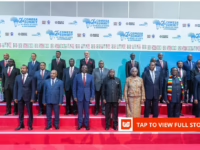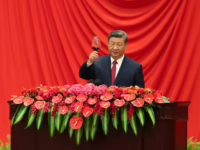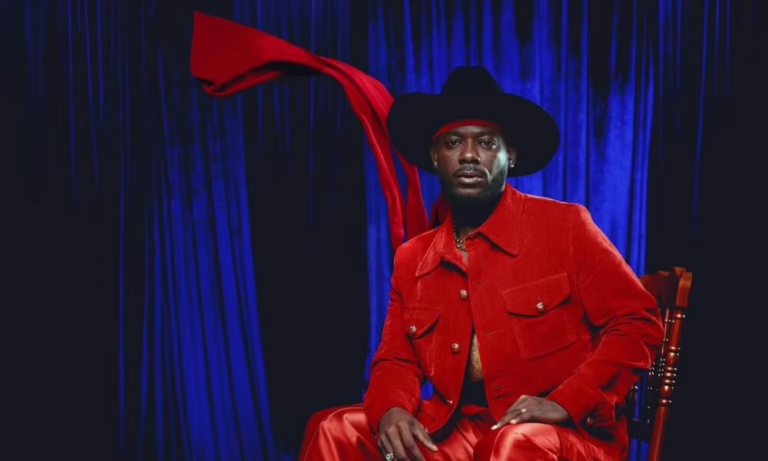Photo Credit: Adekunle Gold /Instagram
Artistic growth is one of the most rewarding experiences for any creative individual. Musicians, in particular, thrive on the liberty to explore and redefine their sound, culminating in a diverse and celebrated body of work. Nigerian music has witnessed this dynamic transformation, with artists skillfully merging indigenous African beats with international influences, giving rise to innovative genres while honoring the foundational Afrobeat tradition.
A prime example of such album-the-foresters-son/” title=”Iyanya Unveils Powerful New Sound with Fifth Studio …, 'The Forester's Son”>artistic progression is Adekunle Gold. From his early days with the tender and heartfelt track Sade, he has consistently resisted being confined to a single label, whether as a romantic crooner or otherwise. His journey is marked by sonic experimentation, thematic variety, and even shifts in his visual identity. Each album serves as a chapter in his ongoing evolution.
His initial project, Gold, presents a raw and anticipatory soundscape, almost like a prelude to what was to come. Tracks like My Life reveal a young artist calling out to destiny with lines such as “Baba God, pick up the call,” signaling his aspirations for success. By the time he released his third album, AfroPop Vol. 1, his voice had matured, embodying confidence and resilience, ready to face challenges head-on. The fourth album, Catch Me If You Can, boldly declares his refusal to be restrained, even by his own limitations.
In his latest work, which could be described as a pinnacle of artistic maturity, Adekunle Gold pays homage to the cultural roots that have shaped him with the album Fuji. He describes this project as a reflection of Lagos-the hustle, the street royalty, and the rich heritage that deserves global recognition. Essentially, Fuji symbolizes Nigerian culture and the environment that influenced his upbringing.
When the term Fuji is mentioned, many immediately think of the legendary genre pioneered by icons like Sikiru Ayinde Barrister, Ayinla Kollington, and Saheed Osupa. However, Adekunle Gold’s interpretation transcends the genre itself. Listening through the album’s fifteen tracks-from Big Fish and Don Corleone to Oba-one embarks on a layered journey through his musical past, with echoes of his previous albums woven throughout. For instance, the track Don Corleone subtly nods to Sikiru Ayinde Barrister’s classic Suru Baba Iwa, blending traditional inflections with contemporary flair.
Interestingly, some critics questioned the album’s authenticity as a Fuji record simply because of its title. Yet, the music itself, rich with Fuji-inspired rhythms and motifs, dispels such doubts. The album cover, featuring Adekunle Gold in a striking red cowboy suit seated against blue drapes, sparked debate about visual representation versus musical content. However, attire on an album cover does not dictate the sound within. Even Fuji pioneers like Sikiru Ayinde Barrister have appeared in formal suits on their covers, underscoring that artistic expression is multifaceted.
Throughout his career, Adekunle Gold has consistently challenged his audience to embrace his evolving soundscapes rather than cling to a single style. This refusal to stagnate is a testament to his commitment to authentic artistry.
Drawing a parallel, when Wizkid released his acclaimed album Made In Lagos, the title was less about geography and more about identity-an album shaped by the city’s influence rather than confined to it. Similarly, Adekunle Gold’s Fuji is not a strict genre label but a canvas painted with his experiences, memories, and cultural influences. Music’s true magic lies in its ability to transport listeners to specific moments and emotions, and Fuji achieves this for AG, allowing him to reinterpret tradition through his unique creative lens.
As Adekunle Gold continues to explore new artistic territories, his journey remains an inspiring testament to the power of growth and reinvention in music.























0 Comments